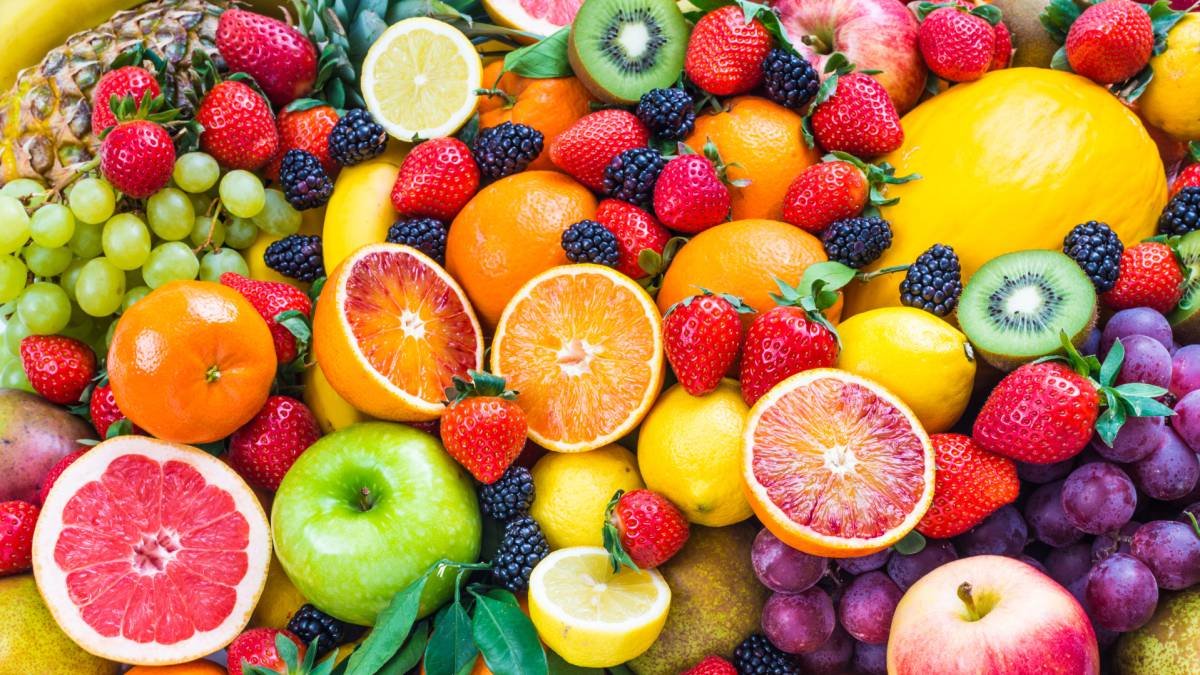Before any competition or race the athlete's diet must contain abundant carbohydrates, such as pasta, rice, cereals, bread and fruit. When it comes to preparing a race, the diet is mild, since running is one of the physical exercises that produces the most caloric expenditure. In competitions of 10 km the muscles have a lot of wear and use mainly the fats that the body has as fuel. So both when making the race and the days before and after, you must plan the diet. Citrus: such as orange and tangerine or fruits such as strawberries and kiwis, highly rich in vitamin C. Its consumption is important because this water-soluble vitamin participates in the synthesis of collagen and carnitine, in the absorption of non-heme iron (the which contain vegetables) and in the use of folic acid. In addition, it is an antioxidant and has a fundamental role in the immune response, which by sport can be diminished. Nuts: they are an important source of energy (like all vegetable embryos), a great source of vegetable protein and polyunsaturated fatty acids, including alpha-linolenic acid and omega 3. Due to the great energy contribution it can be a good complement to Breakfast or as a snack throughout the day. Colored salads: vegetable and vegetable salads, mainly are a great source of vitamins, minerals, fiber and water for the athlete (although they can also carry fruit and some protein in an exceptional way). They should not be consumed as a single dish in any case, but as a side dish for lunch or dinner. Its consumption favors the use of these raw foods, thus being the only way to keep their properties intact. They should always be seasoned with extra virgin olive oil, such as vitamin E and oleic acid. Blue fish: such as tuna, salmon and sardines as pillars to get proteins of animal origin linked to omega 3 fatty acids. Yogurts: because of its probiotic content. Its calcium and vitamin D content is also important, especially in high performance sports. “This type of diet helps to fill the maximum amount of glycogen in our muscles, which will have less demand that day.









